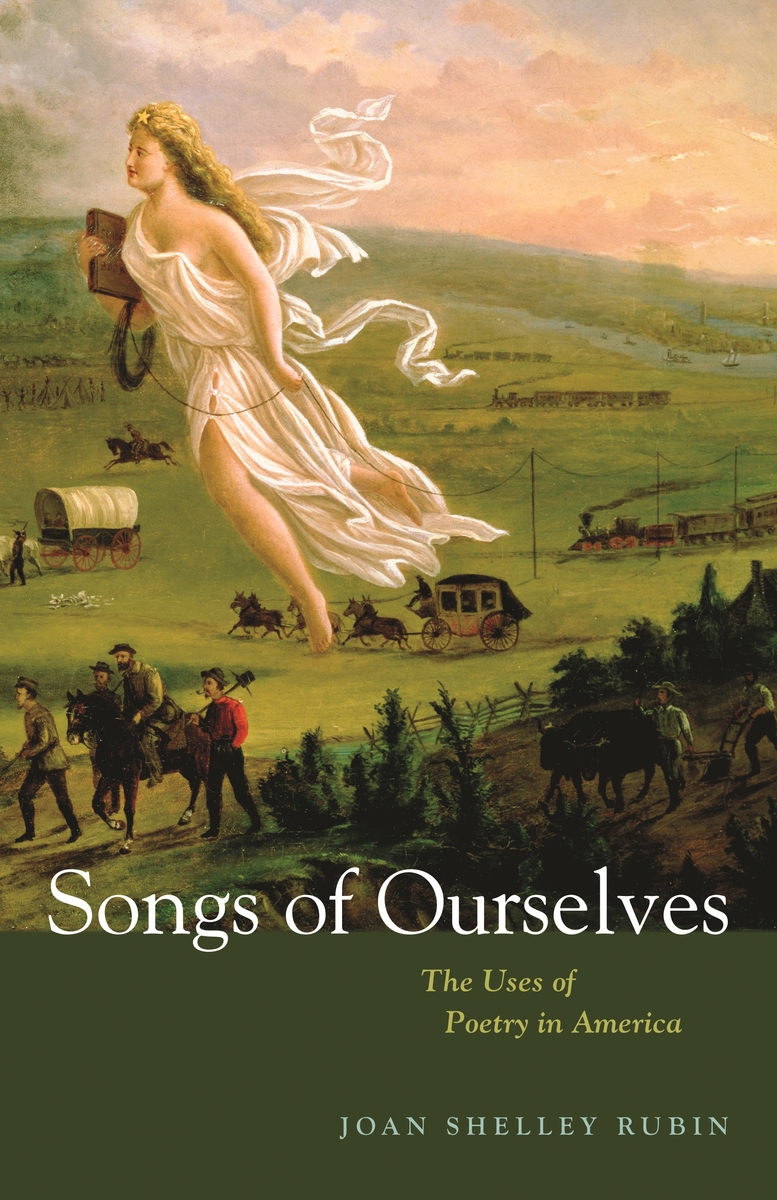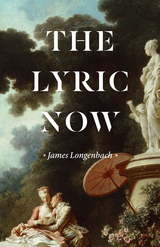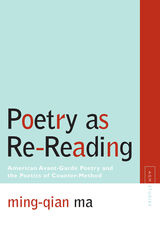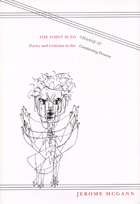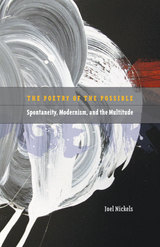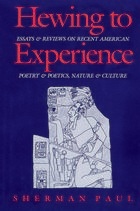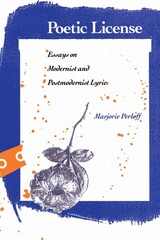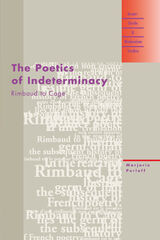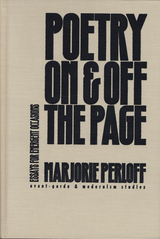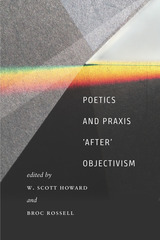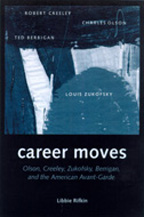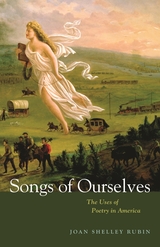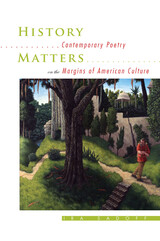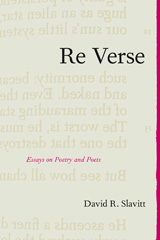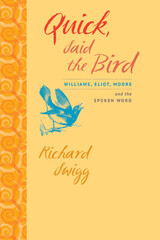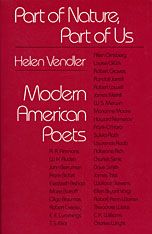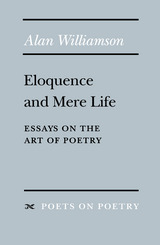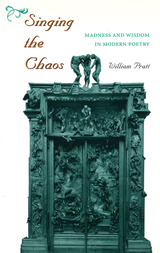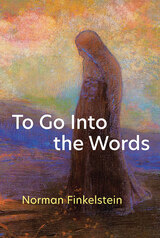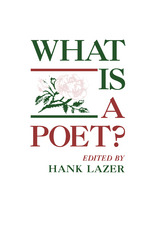Here is a model of what scholarship can do: knowledge, imaginatively applied to matters of importance. Joan Rubin gives an understated but forceful history of poetry's readership, fads, attainments and allegiances in the United States. Implicitly, by sheer force of information, Rubin dispels blather—wiping away trite assumptions, displacing stereotypes, and correcting nostalgia for some vague good old days. Through the lens of a central human art, this book provides a new way of regarding Americans and our culture.
-- Robert Pinsky
This unusually wide-ranging, admirably researched, resourcefully argued study demonstrates far better than anyone has done before the crucial importance of poetry in the making of American culture--not only in the past but in our own time as well. This book should be of great interest not only to specialists in literature and cultural history but to any reader interested in the place of poetry in American life.
-- Lawrence Buell, author of Emerson
In its fresh takes on poetry from Longfellow and Markham to Edna St. Vincent Millay and Robert Pinsky, Songs of Ourselves is both an elegy to the emotional life of a bygone period and an affirmation that even after the rise of high modernism and New Criticism, traditional, regular, and at times sentimental poetry continues to be enjoyed to this day.
-- Werner Sollors, is author of Neither Black nor White yet Both: Thematic Explorations of Interracial Literature
Joan Shelley Rubin tells a new history of American poetry, broader than a chronicle of writers or literary movements. Here are the people who read poetry: in school, at home, in church, around the scout campfire. Exhaustively researched, dazzlingly written, Songs of Ourselves reveals how poems transcended and escaped the printed page to take their place in Americans' lives and experience--from immigrant classrooms a century ago to poetry slams today.
-- Scott Casper, University of Nevada, Reno
Americans-especially those who read poetry- like to ask whether poetry matters; Rubin's big cultural history demonstrates how, and how widely, it once did.
-- Publishers Weekly
Ms. Rubin has done innovative research into the wide array of social functions that poetry served from 1880 until 1950. Her book delves into school recitation days and war memorial services; the poetry of the summer camp and the verse-speaking choir; anthologies designed for Americanization programs and as devotional aids...When subjected to the tensions of a powerful nation in a tumultuous era, the timeless appeals of poetry will naturally take distinctive and surprising forms. Ms. Rubin has chosen to survey some of these surprises over 70 years of explosive American history—from the lingering aftermath of the Civil War through the ravages of two world wars to the technological wizardry of the 20th century. She has chosen a field where the eternal and the temporal contend--just the sort of terrain where poetry has always been most at home.
-- Brad Leithauser Wall Street Journal
This humane, at times exhaustingly detailed literary history dignifies, against the critics' aesthetic judgments, the comfort, pleasure and emotional richness readers found in popular poetry. And as a social historian, Rubin...succeeds in showing how this poetry was adopted by educators, churches, immigrant groups and other organizations to promote various social and cultural goals...She keeps admirable faith with one ordinary reader's desire not so much to "try to figure out what the poem means, as much as what the poem means to us in our lives now."
-- Tom Sleigh New York Times Book Review
Taking a larger view of Songs of Ourselves...it’s hard not to be deeply impressed, not only by its massive evidence that poetry played powerful roles in the lives of Americans, but also its boldly...corrective stance against the knee-jerk canon-making tendencies of Literary Studies. It is no longer possible to view modern American poetry as an enterprise only occupying some aesthetically purified, uncommodified, revolutionary space outside of mainstream culture.
-- Steve Healey Rain Taxi
This is a book that needed to be written. Superb and original, it not only recovers a vast amount of American cultural history, it changes the way we understand the present. It is a book to celebrate- and reread.
-- Dana Gioia, Poet and Former Chair, National Endowment for the Arts
This is a thrilling, sweeping overview of how--and why--poetry mattered (and still matters) to its readers.
-- Angela Sorby American Historical Review
